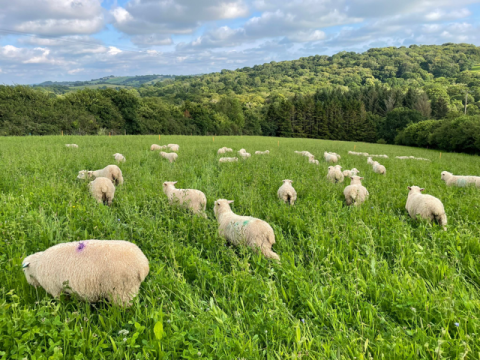Tuesday 20th August, 10:30 – 16:00
Location: Trefranck Farm, St Clether, Launceston, PL15 8QN. What3words///craftsmen.optimists.aboard
Register HERE
Topics Include:
- Herbal leys for sheep and how to graze them
- Breeding for resilience to parasitic worms
- The FNZ Innovative Farmers Field Lab on Diverse Covers for Weaned Lambs
- Soils and greenhouse gas emissions and the impact of changes in management
This is a Lottery-funded Farm Net Zero event ( https://farmcarbontoolkit.org.uk/farmnet-zero).
To book your place and lunch (please advise of any dietary requirements), please contact Alex
Bebbington (alex.bebbington@duchy.ac.uk) or Hannah Jones (Hannah.jones@farmcarbontoolkit.org.uk)



